From STUPID To SOLID
STUPID
-
Singleton
-
Tight Coupling
-
Untestability
-
Premature Optimization
-
Indescriptive Naming
-
Duplication
Singleton
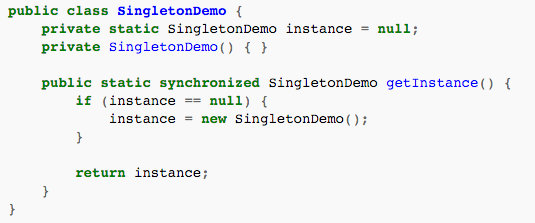
- Most well-known design pattern
- Singleton syndrome
- Using global state is very difficult to test
- If the *best solution is a singleton, you're doing something wrong.
Tight Coupling
- Coupling is the degree which each module relies on each one of the other modules
- Does coupling exist in your programs?
- Do you instantiante objects on the constructor?
- Difficult to reuse & to test
Untestability
- Test should not be hard
- Symptom of tight coupling
- You should always write tests
- Make sure you always have a complete suite
Premature Optimization
- Changing architecture is more complex that rewriting loops
- Don't dare to optimize without any data
- You could introduce more bugs
- Leave it the experts
- To Experts: don't do it (yet)
Indescriptive Naming
- Name your classes, methods, variables, attributes properly!
- Don't abbreviate!
- Write code for humans
- "Programming languages are for humans"
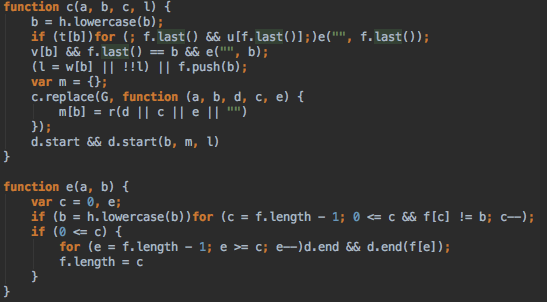
Duplication
- Don't Repeat Yourself (Dry)
- Be lazy (the right way)
- Keep it simple, stupid (Kiss)
- If you're copying and pasting constantly you might be violating this principle
SOLID: The path of the righteous
- Principles, not laws
Single Responsibility Principle
- Just because you can doesn't mean you should
- Ask before you add something if that should be there.
- Avoid God classes
- High cohesion

Open/Closed Principle
- X-Rays are not needed to put on a shirt.
- Show only what you need to show (And through getters and setters)
- Open for extension and close for modification.

Liskov Substitution Principle
- If it looks like a duck, quacks like a duck but it needs batteries, you probably have the wrong abstraction.
- "Objects in a program should be replaceable with instances of their subtypes without altering the correctness of the program."

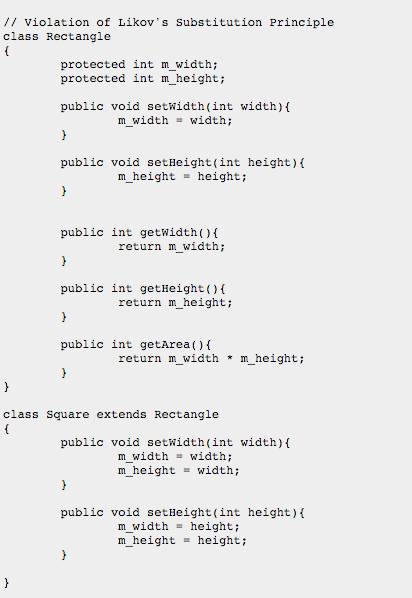
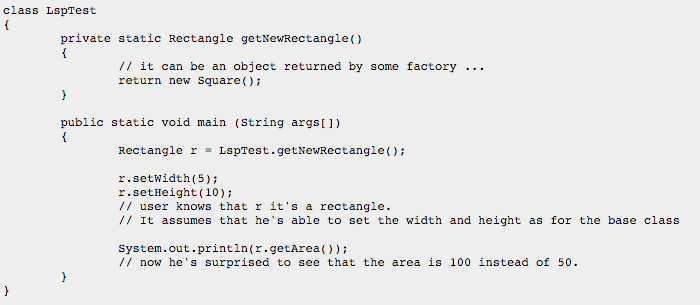
Interface Segregation Principle
- Many client-specific interfaces are better than one general purpose
- Low coupling + High cohesion
- Keep your components focused and try to minimize the dependence between them
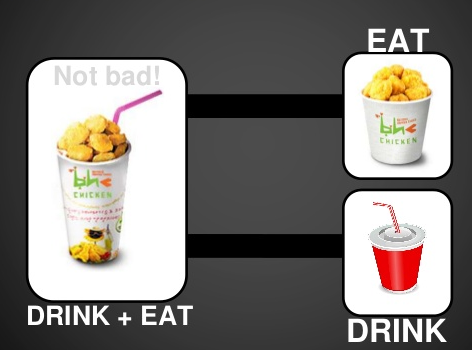
Dependency Inversion
- Abstraction should not depend upon details
- Details should not depend upon abstraction
- High level classes -> Abstraction Layer-> Low level classes
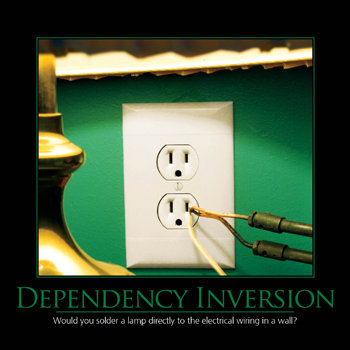

Conclusion
- Avoid Tight coupling
- Tight cohesion
- Use your brain
- Think about the future (all code is legacy code)
deck
By Ariel Isaac
deck
- 17



